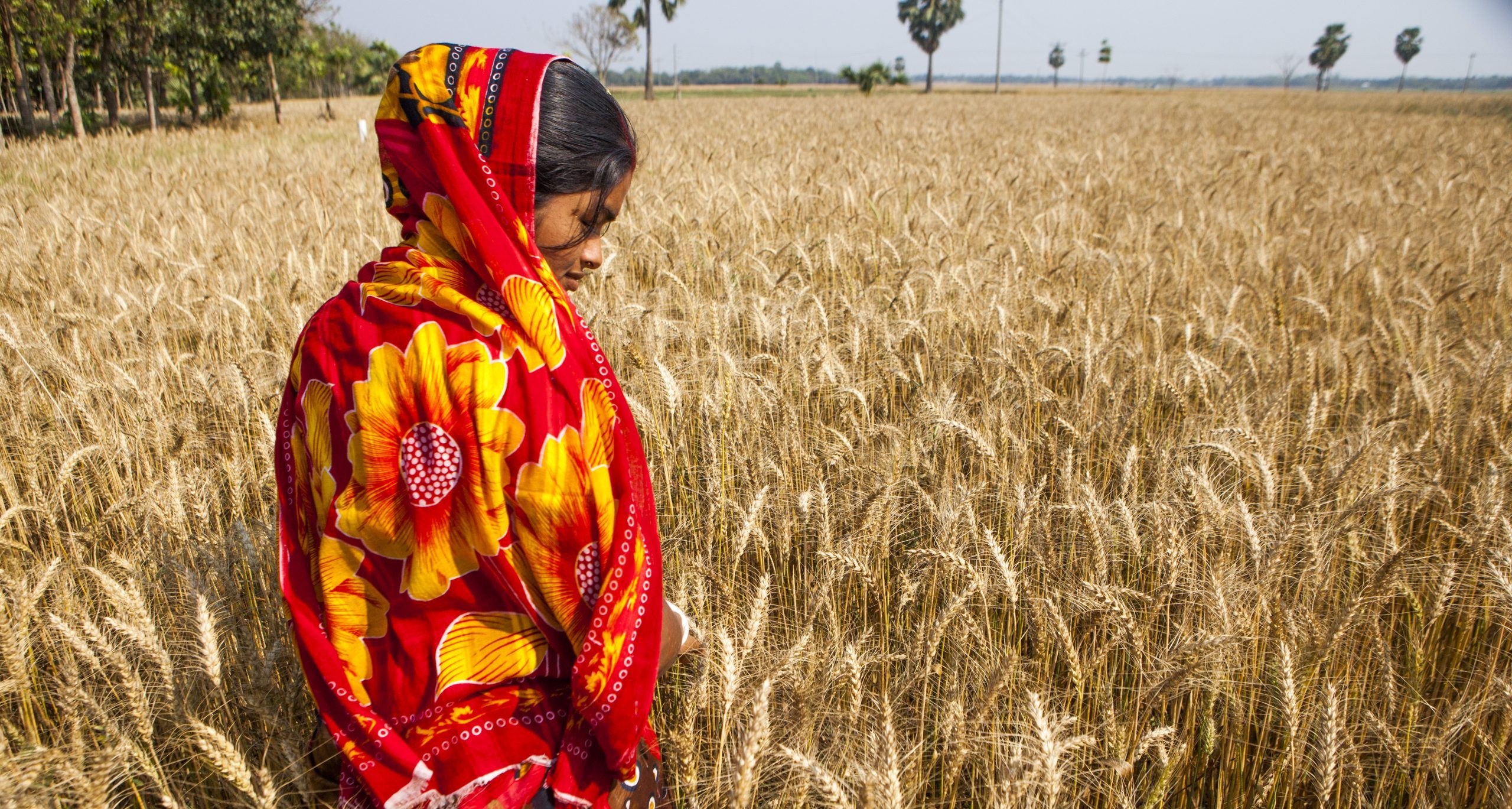Farmers in Pakistan could save up to $1.3 billion each year in post-harvest losses with the development of an efficient storage system.
Research shows that inefficient storage is the main cause of staple commodity losses in the country. Despite producing 27 million tons of wheat annually worth $7.4 billion, there is less than 6 million tons of storage capacity available; around 10% of the surplus wheat is lost at a value of $740 million due to the use of unregulated conditions.
With the ability to store their commodity for an extra two or three months, farmers can increase their income by between 20 to 40 percent. Preserving the crops that have already been produced will also pass on a saving of between 15 to 20 percent to end consumers.
Hermetic technology developed by the International Maize and Wheat Improvement Center (CIMMYT), the International Rice Research Institute (IRRI) and the University of Hohenheim offers a potential storage solution by protecting the commodity from the ambient environment.
Read the original article: Staple commodities: Country can save $1.3bn annually by developing efficient storage system

 Environmental health and biodiversity
Environmental health and biodiversity 
